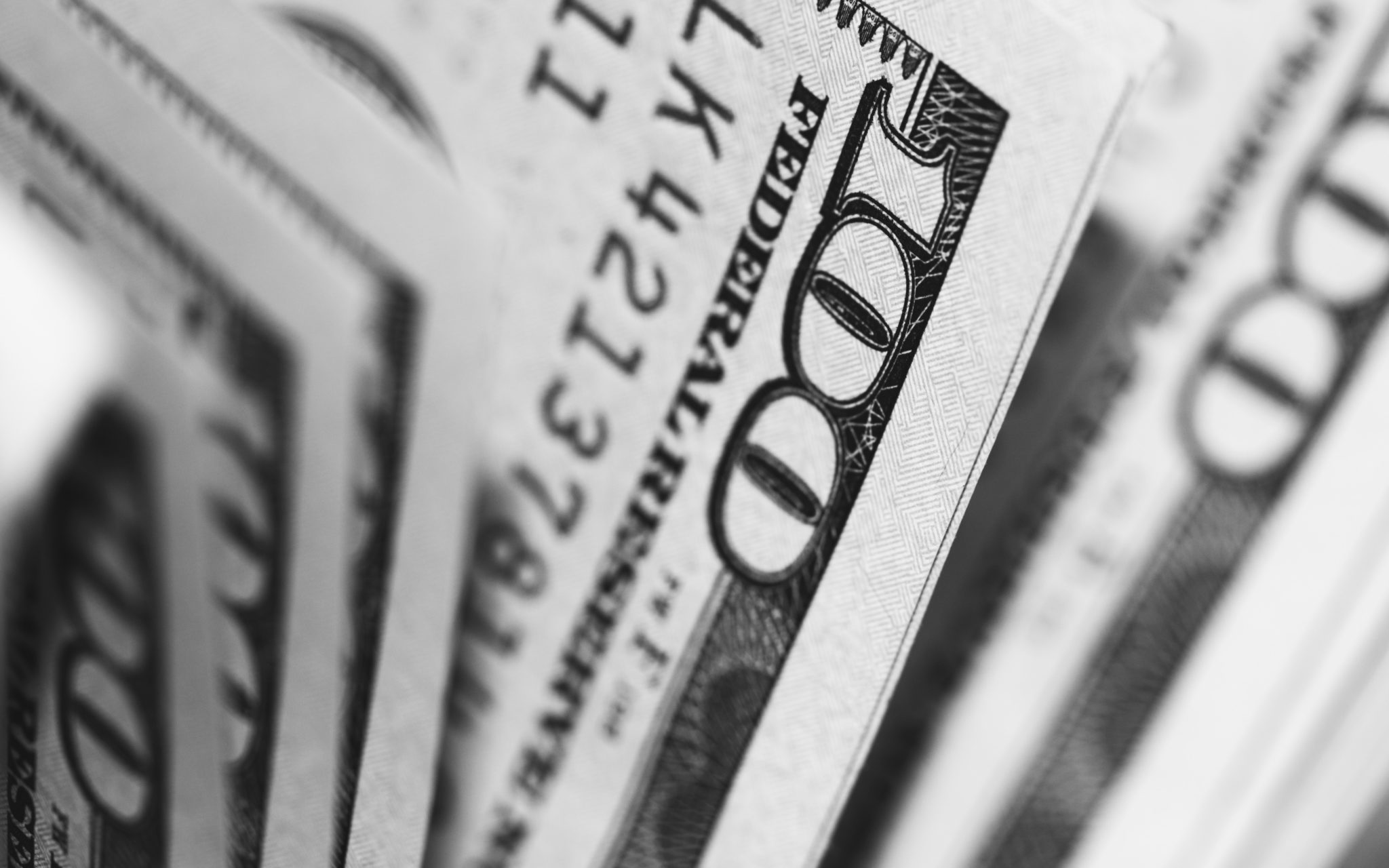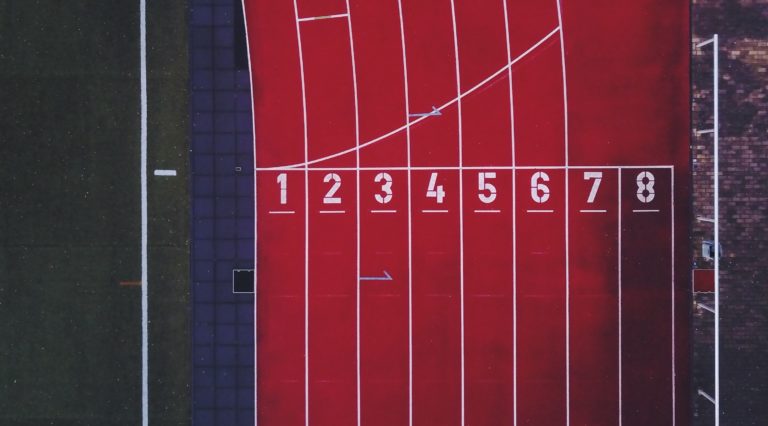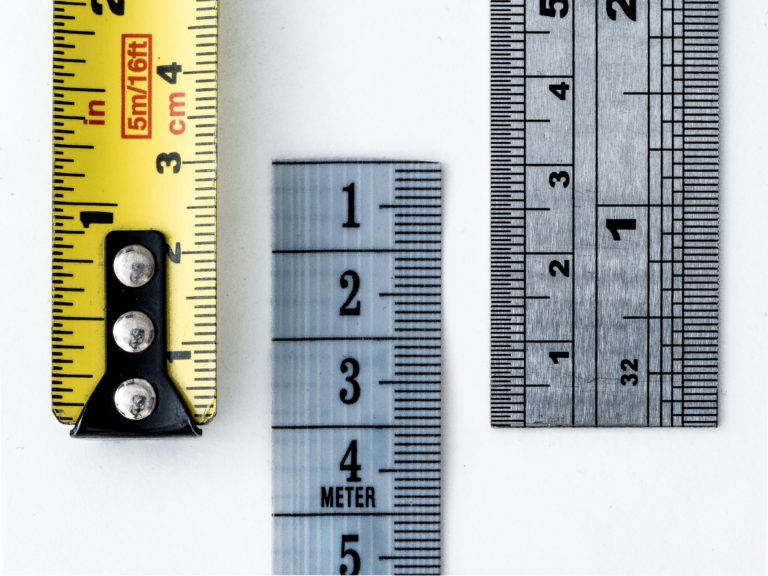Last night, 58 questions were directed at the candidates on the debate stage. 22…
Equal Pay: From Soccer Stadiums to the Debate Stage

When the U.S. Women’s National Soccer team (USWNT) won the World Cup in July, there were more than just cheers coming from the stand: the crowd chanted “equal pay!” — a reference to the lawsuit women players brought against the US Soccer Federation over gender discrimination.
The members of the USWNT aren’t the first female athletes to call attention to the pay gap (after Billie Jean King threatened to boycott the U.S. Open in 1973, it became the first major tournament to award equal prize money to its male and female champions), but they are moving the conversation about equal pay forward. However, the conversation can’t stop there: equal pay is an issue of national importance, and deserves a place on the national stage – especially the presidential debate stage.
While there weren’t many questions about equal pay during the first and second Democratic primary debates, we did get to hear from some 2020 candidates:
What We Saw In the June Debate
On the first night of the first debate, Julian Castro and Representative Tulsi Gabbard were asked about equal pay. Castro focused his answer on his personal experience with the wage gap and the passage of the Equal Right Amendment:
There’s no reason that in 2019 women should make 80 cents for every dollar earned by a man. We need to pass the Equal Pay Act and ensure pay equity in this country. #DemDebate pic.twitter.com/qylJO5G972
— Julián Castro (@JulianCastro) June 27, 2019
In contrast, Gabbard pivoted, responding to the question with an answer focused on national security (she does support equal pay on her website).
No questions on equal pay were asked on the second night, which saw a significant drop in the number of questions on “women’s issues” overall.
What We Saw in the July Debate
On the first night of the second Democratic primary debate, 121 questions were asked, and not a single one was gender dynamics, pay equity, paid family leave, sexual harassment, maternal mortality, or reproductive rights – “women’s issues” were largely ignored. There were significantly more questions about these topics on the second night, including several about equal pay. On Night II:
- Andrew Yang focused on his platform of a universal basic income: “What we have to do is we have to give women the economic freedom to be able to improve their own situations and start businesses, and the best way to do this is by putting a dividend of $1,000 a month into their hands.”
- Kamala Harris explained her plan to close the pay gap: “[O]ne, I’m going to require corporations to post on their website whether they are paying women equally for equal work. Two, they will be fined for every 1 percent differential between what they’re paying men and women, they will be fined 1 percent of their previous year’s profit.”
- Jay Inslee talked about the need to change how we value work: “I would suggest we need to think about a bigger scandal in America, which is that in professions and careers where women have been more than the majority, they have been almost always under paid.”
During one of the most heated exchanges of the night, Kirsten Gillibrand called out Joe Biden during her answer on equal pay, asking him about an op-ed he wrote when he was in the Senate:
Gillibrand: “What did you mean when you said when a woman works outside the home it’s resulting in ‘the deterioration of family’?”
Biden tells Gillibrand she previously called him passionate on gender equality: I don’t know what changed except “you’re now running for president” pic.twitter.com/p4eVN6icSa
— CNN (@CNN) August 1, 2019
What We are Looking for in the September Debate
Pay equity is an essential issue for women and families, and should be part of the discussion whenever presidential candidates take the debate stage. While the structure of the September primary debate is still being finalized, we hope that equal pay is already on the questions list.







